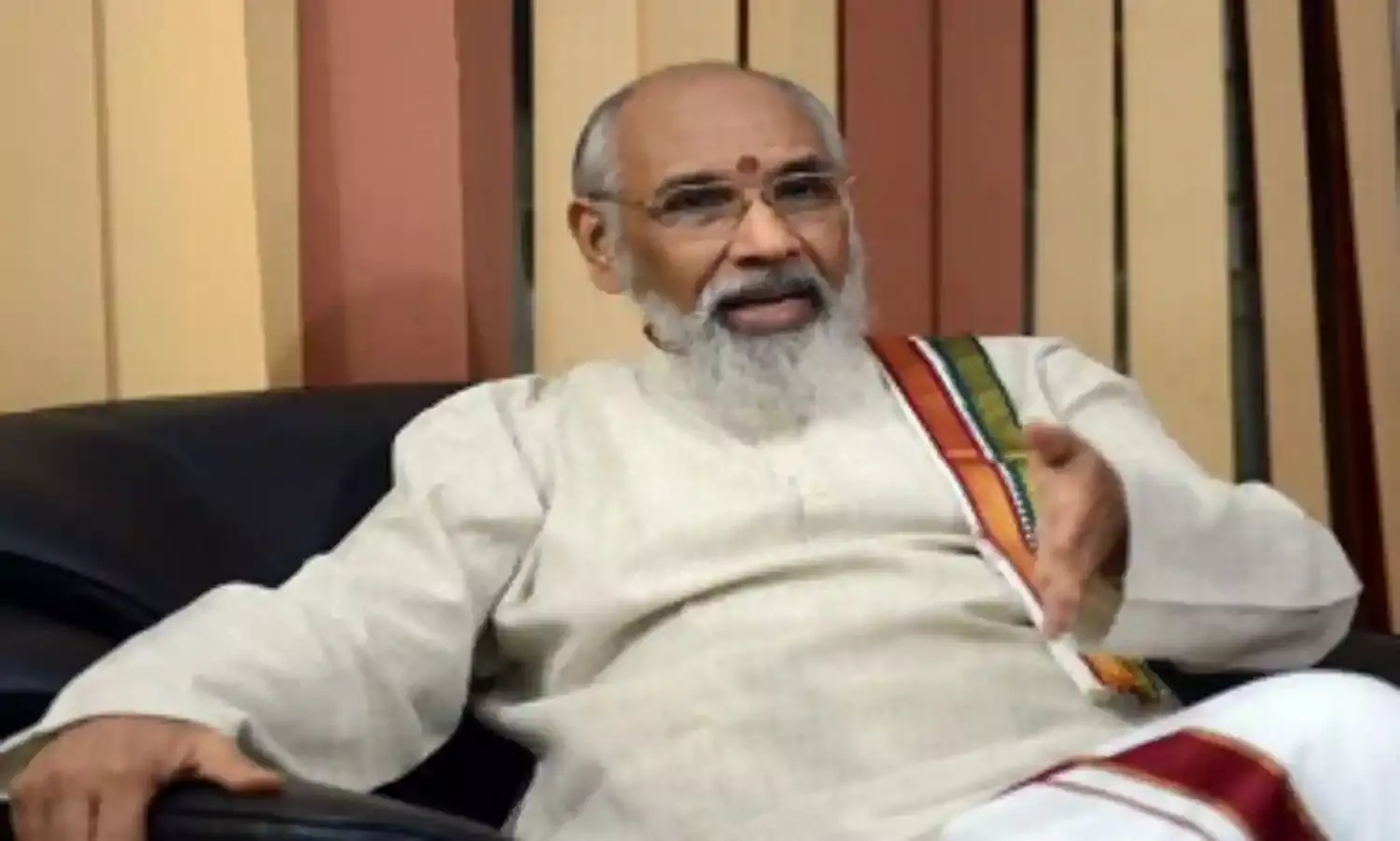Tamil Leader says LTTE Violence Was “Rebellion” not “War”
Tamil Leader says LTTE Violence Was “Rebellion” not “War”

COLOMBO: The Chief Minister of Sri Lanka’s Tamil-majority Northern Province, C.V.Wigneswaran, has characterized the violent struggle waged by the Liberation Tigers of Tamil Eelam (LTTE) as a “rebellion” and not a “war” between countries.
The Chief Minister’s argument for saying so was that the machinery of the Sri Lankan government was functioning in the rebellion-affected areas even when they were in the grip of violence. Therefore, the violence which occurred was not a “war” between countries but an armed conflict or rebellion within a functioning country
In a statement issued on Tuesday, Wigneswaran said that the LTTE’s “violence” could be equated to the violence unleashed by the Marxist-Leninist Janatha Vimukthi Peramuna (JVP) in the Sinhalese areas of South Sri Lanka. In as much as the JVP’s violence was seen as a “rebellion” within a functioning country and not “war” between two countries, the LTTE’s violence was also not a war but a rebellion, he said.
Wigneswaran made this observation in the context of the argument put forward by some moderate Tamil leaders (presumably those of the Tamil National Alliance) that the Tamil people have lost the “war” for a separate Tamil Eelam and so it is time they settled for what is practical under the circumstances.
In other words, the moderates propose that the Tamils should agree to the pre-eminent place given to Buddhism; give up the demand for a federal state; and abandon the demand for the unification of the North and East to form a single Tamil-speaking province.
The Chief Minister said that the crushing of the LTTE’s rebellion did not mean that the Tamils should give up these demands, because these demands have been there since the late 1940s. Tamils, including the militants, had struggle for the fulfillment of these demands in different ways in the last 70 years.
The LTTE’s violence was only a phase in the struggle for Tamil rights. Therefore the crushing of that violent rebellion by the Sri Lankan State could not be interpreted to mean that the Tamils should dilute their demands and accept what is handed to them by the Sri Lankan state.
On the split in the TNA, Wigneswaran said that it was caused by those Tamil politicians who seek to accept less from the Sri Lankan State on the grounds that the Tamils’ defeat in the “war” leaves them with no practical option.
The Eelam Peoples’ Revolutionary Liberation Front (EPRLF), which announced its break with the TNA last Sunday, had said that it was doing so because the TNA’s leaders (R.Sampanthan and M.A.Sumanthiran) have abandoned the goals of the alliance as stated in its election manifesto and are in the process of accepting much less in terms of devolution of power. In other words, the demand for a federal, secular state has been abandoned, he said.
Although Wigneswaran is a member of the TNA, he has been at odds with it’s establish leaders, R.Sampanthan, M.A.Sumanhiran and Mavai Senathirajah. As a result of this he formed his own outfit, the Tamil Peoples’ Council (TPC), which is a collection of political and civil society leaders considered to be radical Tamil nationalists.
However, Wigneswaran has consistently quashed rumors that he is planning to leave the TNA, turn the TPC into a political party and contest the next provincial elections by forming another grand alliance.



